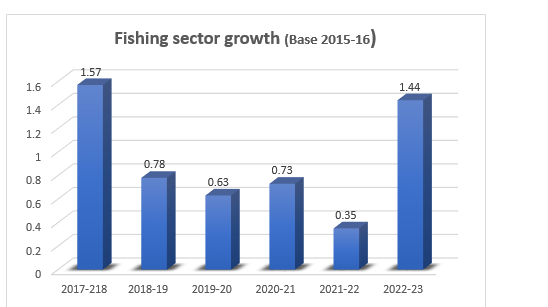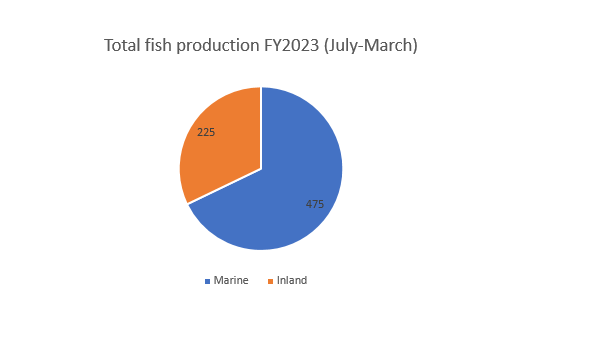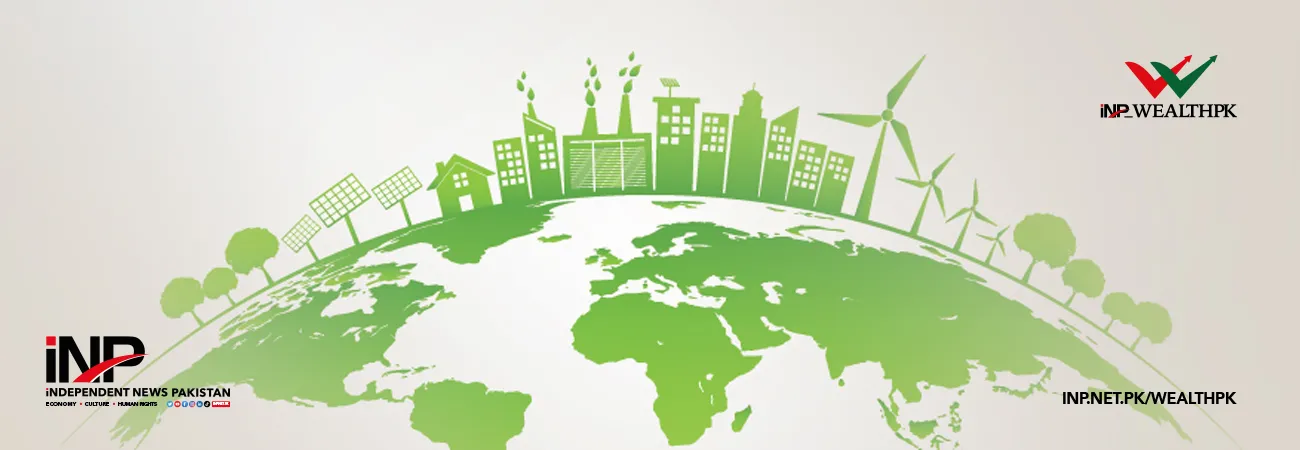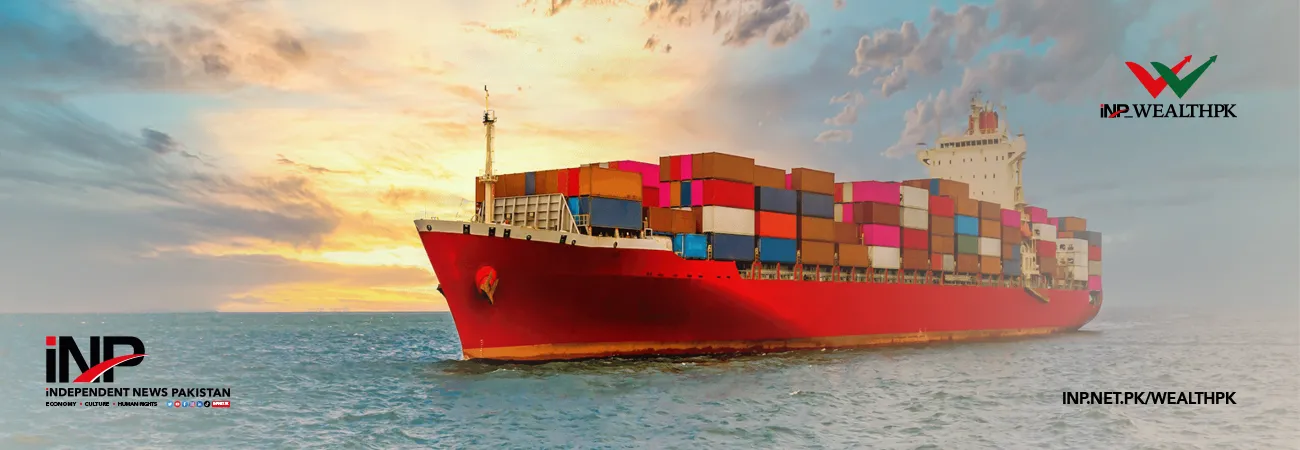INP-WealthPk
Arooj Zulfiqar
Small-scale fisheries must be incorporated into the blue economy paradigm in order to promote social equity and give fishermen opportunities to earn a living, says a renowned expert. The goal of the new blue economy growth and governance paradigm is to combine economic value and environmental sustainability. “Blue economy incorporates a wide-ranging economic activity relating to the sustainable development of resources and holdings in the oceans, related water bodies and coastal regions and rivers in a way that certifies inclusion, innovation, equity, and modern technology,” said Faisal Iftikhar, Chief Executive Officer (CEO) Aqua Hatch International, which works to develop a freshwater ecosystem in Pakistan. “Out of the 142 coastal states in the world, Pakistan is ranked 74th in terms of coastal length.
Pakistan has the potential to contribute to the blue economy with more than $100 billion, but it earns only $450 million through fish exports,” he said. Fisheries as a sub-sector of agriculture plays a significant role in the economy and towards food security of the country as it reduces pressure on demand for mutton, beef, and poultry. “Modernising small-scale fisheries and enhancing the capacity of fishers to restore the depleting fish stocks and modify fishing methods is the need of time,” Faisal said. He said small-scale fisheries could make or break the blue economy. He said the supply chains associated with small-scale fisheries provide a livelihood for people living in coastal areas. “Despite all this, small-scale fisheries are too often ignored when it comes to government or private sector investment.
The assumption often is that they are high-risk outfits with little return on investment, taking out of the ocean and coastal waters and not putting much back,” he pointed out. Faisal said it was high time to work towards effective management of the small-scale fisheries through public-private partnerships, and called for coordinated efforts to shift to blue economy. He strongly advocated for the establishment of new fishing jetties equipped with modern facilities. He emphasised the necessity of implementing effective regulatory mechanisms to curb over-fishing, unsustainable fishing practices, and post-harvest losses. Additionally, he underscored the importance of promoting sustainable small-scale fisheries and creating income-generation opportunities for local fishers.

0.32% in the gross domestic product (GDP), grew at 1.44% during the fiscal year 2022-23 compared to 0.35% during the previous fiscal year. During the July-March period of the fiscal year 2022-23, total fish production remained at 700,000 MT (marine: 475,000 MT and inland: 225,000 MT), showing an increase of 0.6% compared to the same

period of the previous year’s fish production of 696,000 MT (marine: 468,000 MT and inland: 228,000 MT). Pakistan’s agriculture sector was the hardest hit both in terms of damages and losses during the last year’s devastating floods. About 4.4 million acres of crops were damaged, and around 1 million animals lost. Total damages and losses amounted to $30.13 billion, of which agriculture suffered $12.9 billion (43% of total damages and losses). The crop subsector contributed 82% of the total damage and losses, livestock 7%, and fisheries/aquaculture 1%. Out of the total need of $16 billion for recovery and reconstruction, $4 billion (25%) was required for the agriculture sector.
Credit: INP-WealthPk













